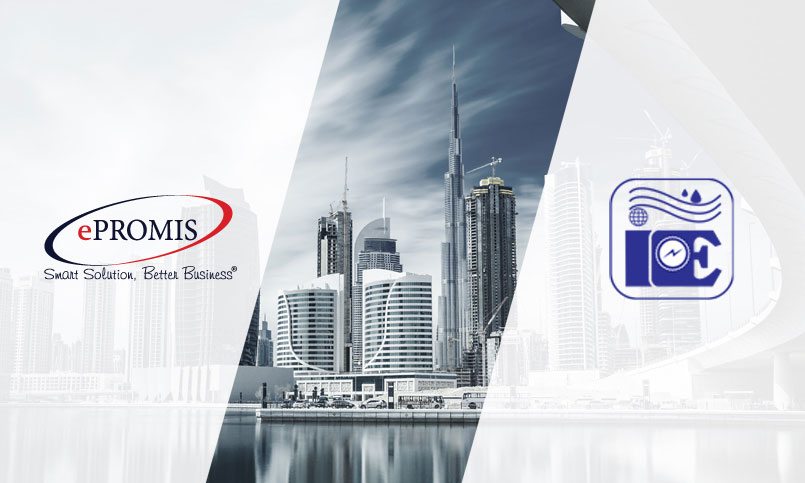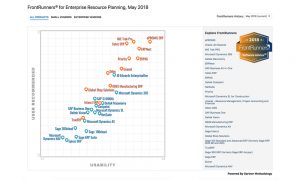IEMSC gets ePROMIS ERP upgrade for VAT compliance
Dubai MEP contractor has been using firm’s software since 2005

Supplied content
A software contract has been signed between International Electro-Mechanical Services Co. L.L.C. (IEMSC) and ePROMIS MEA, the regional subsidiary of Houston-based ePROMIS Solutions Inc. for the consultation and implementation of VAT functionalities to the Enterprise Resource Planning software platform of IEMSC.
International Electro-Mechanical Services Co. L.L.C. (IEMSC) is a regional leader in electro-mechanical services including electrical building services, HVAC (heating, ventilation & air conditioning), plumbing and firefighting systems. IEMSC, along with its associate companies Antelec Limited & AEPL, has executed projects in the United Arab Emirates, India, Oman, Iraq, Libya, Jordan, Mauritius, Yemen and Sri Lanka.
IEMSC has been using ePROMIS ERP software since 2005. According to H. K. Wadia, the finance head of IEMSC, ePROMIS ERP is an effective framework for growth, and it is supporting their data-driven decision making. ePROMIS MEA is currently progressing with the VAT-incorporation program at IEMSC; the implementation process started with impact analysis, followed by solution development, testing and implementation.
Commenting on the recent ERP upgrade agreement, Wadia (of IEMSC) said, “What was once a complicated process now is a simple one with ePROMIS. Our long and successful association with ePROMIS gives us the confidence that the ongoing VAT incorporation program will help us stay VAT compliant and manage finances easily.”
UAE businesses have to display the VAT applicable separately on every invoice from January 1, 2018. “Penalties are an integral part of any legislation for non-compliance with VAT laws, and there are several factors to be considered by businesses while adopting VAT landscape,” said Preeth Thomas, Senior Program Manager at ePROMIS MEA.
“VAT registration, maintenance of VAT-compliant documents, reverse charge mechanism, filing for returns, and claiming input tax credit are various stages present in a VAT-compliant transaction. In addition to that, companies must retain financial and accounting records for at least five years in order to remain compliant,” Thomas observed.
Supplied content





